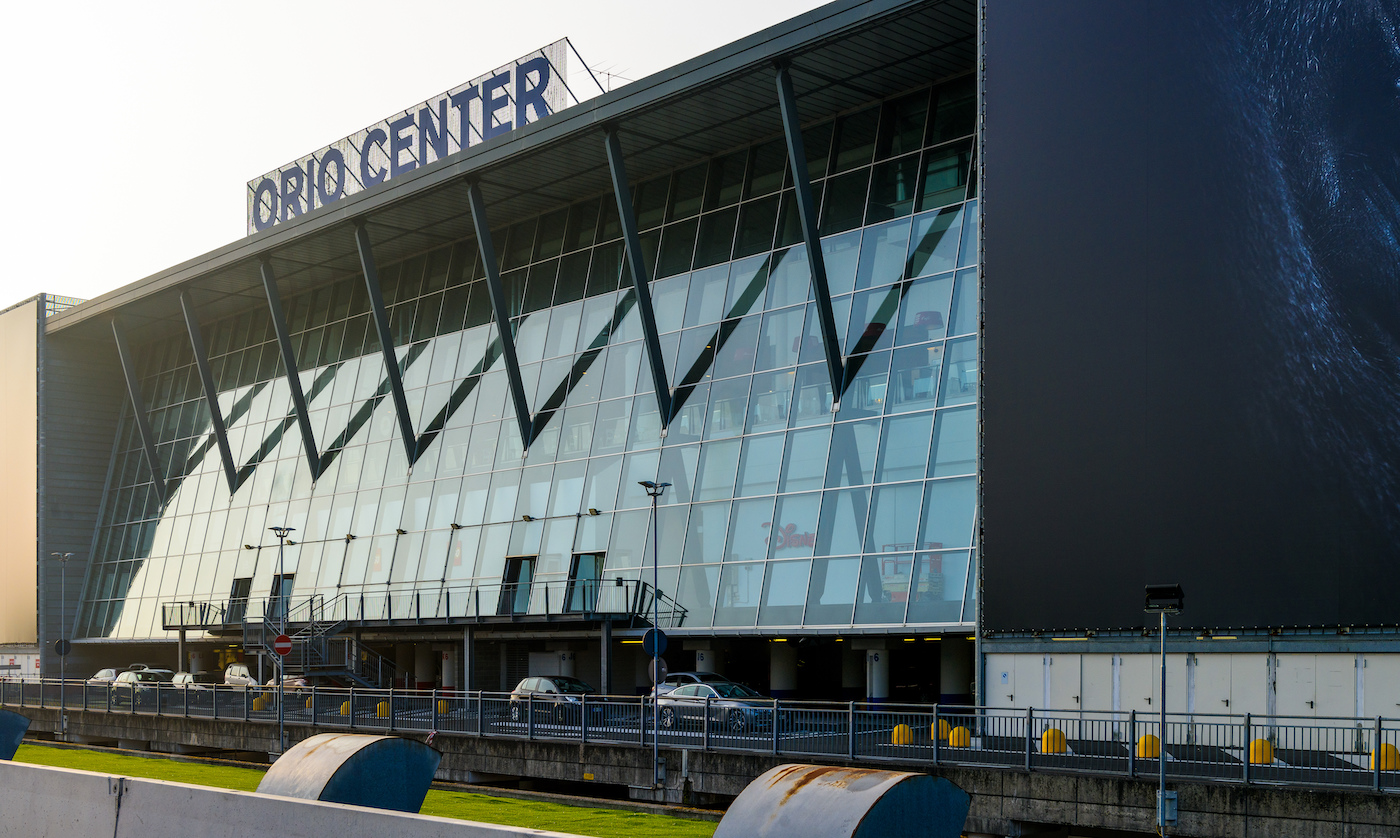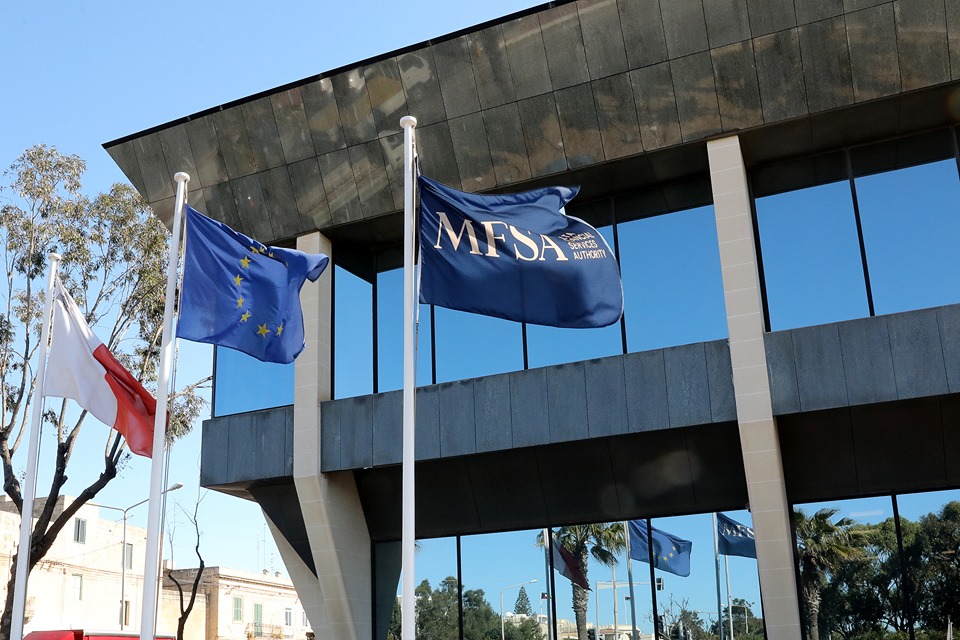Traffic congestion must be brought down to manageable levels through the introduction of “tangible measures” including the introduction of parking fees in central urban areas and the linking of car licence fees to usage of the vehicle, says Marthese Portelli, CEO of The Malta Chamber.
With around a month to go until the Finance Minister announces the Budget for 2024, economic stakeholders are putting forward the proposals they would like to see included in the Government’s financial plan for the coming year, with Dr Portelli’s input joining that of the Malta Employers Association (MEA) and the Malta Hotels and Restaurants Association (MHRA).
While The Malta Chamber’s own official list of proposals has yet to come out, Dr Portelli shared some of the issues she feels must be addressed for the country to move beyond what is increasingly being seen as a difficult time.
Like the MEA and the MHRA, the pressures of Malta’s rapid population growth on its infrastructure and public service were given priority in Dr Portelli’s comments.
Speaking to BusinessNow.mt, she argues that certain congesting activities must restricted during the peak traffic hours, with the fees raised from the increased licence and parking fees being transferred for the use of sustainable means of transport.
Similarly, Dr Portelli is insisting on the need for a “systematic, well-organised and regular maintenance and cleansing schedule for public areas.”
Over the summer, Malta has been beset by complaints from locals, foreign residents and tourists alike as a revised waste collection schedule is seemingly failing to keep up with the higher volumes of waste generated in summer.
Turning to utilities, Dr Portelli says that the Government must increase investment and speed up the implementation process to ensure an adequate electricity supply and a stable distribution network, adequate water supply and sewage systems that meet the demand.
While Malta’s laws often look good on paper, it is widely known that enforcement is not up to par. To that end, Dr Portelli believe that public entities need to automate and connect digitally “to ensure proactive, co-ordinated and unselective enforcement at all levels.”
As for the tight labour market, long raised as a major point of concern for businesses finding it difficult to secure the right human resources for their operations, Dr Portelli calls for a shift away from labour-intensive activities to “more value-added streams” – a shift Economy Minister Silvio Schembri claims has been underway since 2019.
This is required she says, “to increase the quality of our offering and put less stress on Malta’s infrastructure caused by unsustainable population levels.
Finally, Dr Portelli also believes that assistance, to businesses and individuals alike, must be targeted carefully: “Targeted assistance must be addressed to those that need it, rather than distributing handouts to those that do not,” she says.”
Subsidies, meanwhile, “are to be directed to businesses that are economically viable and that are investing in energy efficient solutions.”
Malta flights to Bergamo suspended following fatal incident
An incident resulted in the cancellation of several other flights, with some flights being redirected to nearby airport
Malta’s business economy grows by 15.6% in 2023
While large enterprises continue to play a leading role, SMEs and micro-businesses remain vital pillars of the economy
MFSA and Central Bank warn of loan and email scams
Both institutions urged the public to report suspicious activity and avoid sharing personal data with unverified sources






